Lessons from the Asian Cup
Tajikistan's "fairy tale" ended after a 0-1 loss to Jordan in the quarter-finals of the 2023 Asian Cup. In their first appearance at the tournament, the Central Asian representative overcame China and Lebanon to finish second in the group, then defeated a West Asian powerhouse (UAE) before stopping at the round of 16.
Tajikistan’s success shows that surprises are an inevitable part of the Asian Cup. However, that is not the main “spice” of this playground. Because interesting stories like Tajikistan’s are just rare examples, in an Asian football village that has long been shaped by the most powerful teams.
Among the 8 teams in the quarterfinals, except for the victory of Tajikistan of the UAE, the remaining matches had no surprises. Japan, South Korea, Australia, Iran, Qatar, Uzbekistan all won against underdogs.
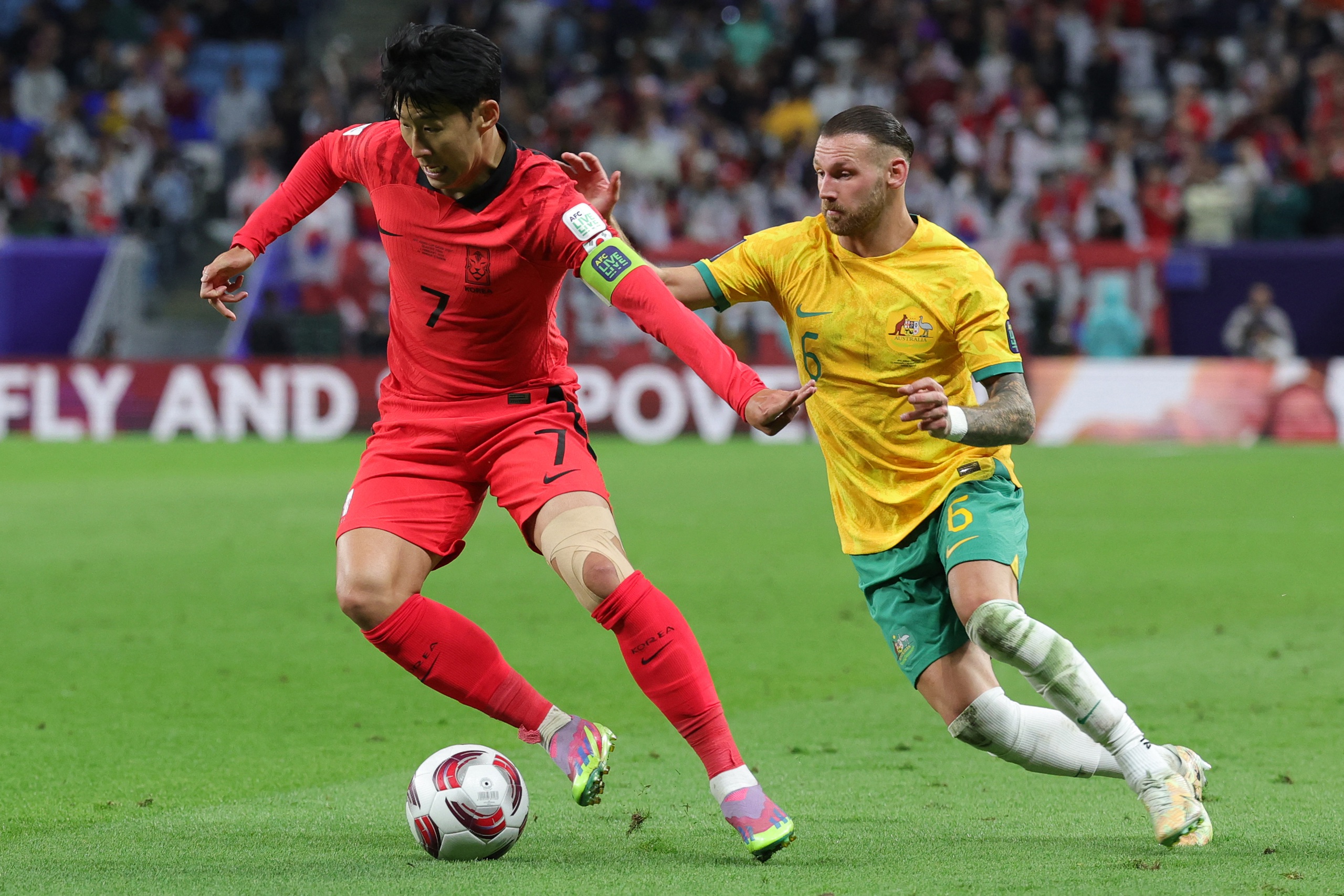
South Korea defeated Australia in the quarterfinals of the 2023 Asian Cup
Jordan's comeback win over Iraq was an interesting match, but the reality is that in West Asia, except for Iran and Saudi Arabia, it is common for teams like UAE, Qatar, Jordan, Syria... to beat each other.
That shows that the Asian football landscape has long been tightly defined. Although there are occasional surprises like Tajikistan in this year's tournament, or the Vietnamese team at the 2023 Asian Cup, these are just isolated rays of light.
Compared to the long-standing Asian powers, teams like Vietnam, Thailand, Indonesia, or even higher like Qatar, UAE, Iraq need a lot of time to build a foundation. One or two successful tournaments are just the first step.
Endurance - an eternal story
South Korea played a poor 90 minutes against Australia in the Asian Cup quarter-finals, but it only took one moment of brilliance from Son Heung-min (winning a penalty in the 90+5 minute) to drag the match into extra time.
Then in extra time, Korea played to suffocate Australia with the same intensity as the first minutes.
The following masterpiece by the Korean "national treasure" Son Heung-min was just a highlight, adding to the victory that clearly bore the mark of the "Taeguk Warriors": not better in tactics, but more persistent and determined until the last seconds.
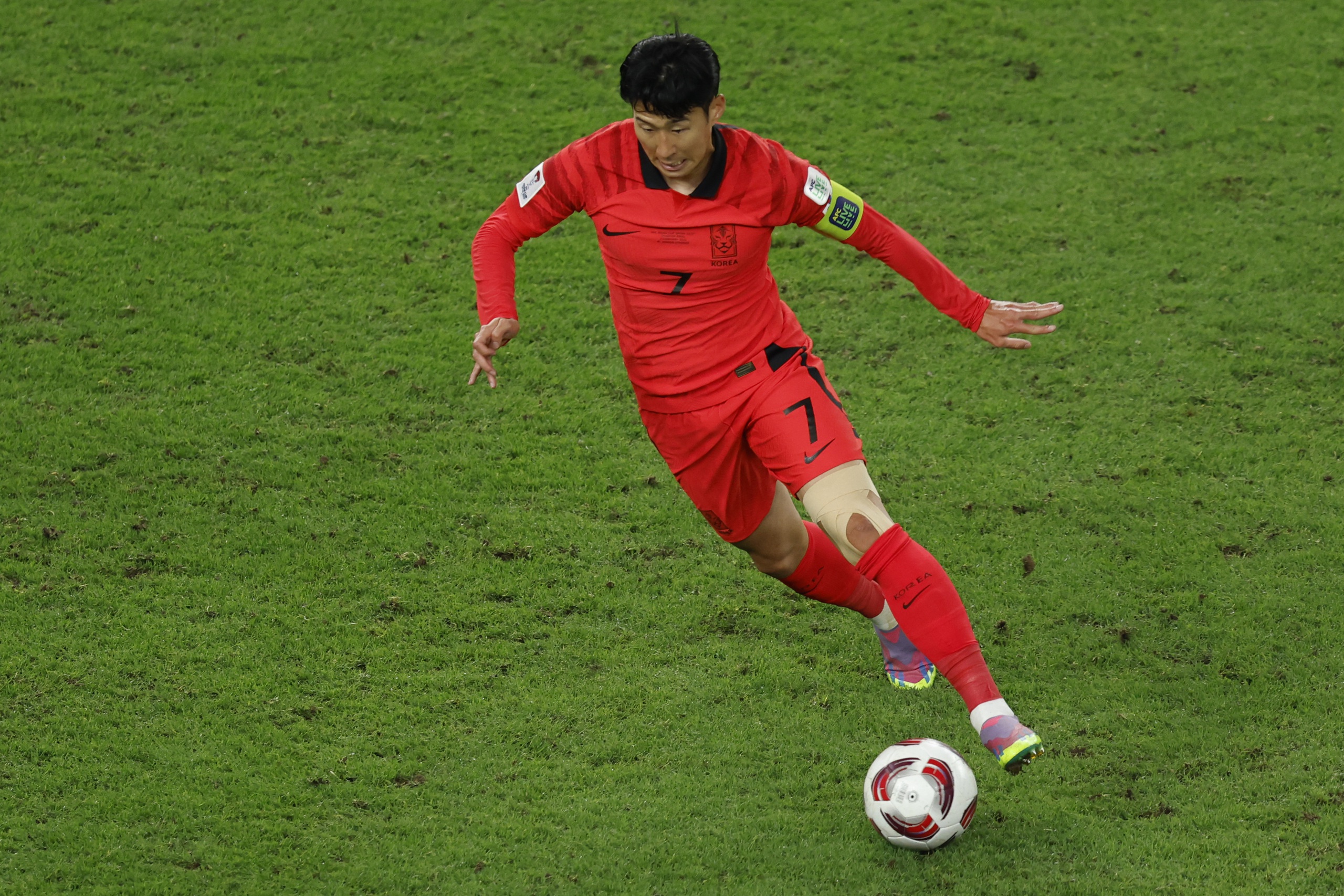
To win, teams must have good physical fitness.
More importantly, South Korea played a "close game" with Australia for 120 minutes, even though just 2 days before, this team had just gone through a physical marathon with Saudi Arabia (winning on penalties).
In 90 minutes alone, South Korea won 1 of the 5 matches they played at the 2023 Asian Cup. That was a 3-1 win over Bahrain on the opening day. After that, Jurgen Klinsmann's students drew with Jordan (2-2), Malaysia (3-3), Saudi Arabia (1-1) and Australia (1-1). What made the difference for South Korea was their physical strength.
South Korea’s opponent in the semi-finals is Jordan. The West Asian team has never had to play a match to extra time, but look at how Jordan defeated Iraq. They were behind until the 90+4 minute, but still managed to score 2 goals in just 3 minutes (90+5 and 90+7) to turn the game around. It was a victory that showed Jordan’s remarkable physical and mental endurance.
Many key matches at the 2023 Asian Cup are decided by goals scored in the final 15 minutes. As technical and tactical factors become increasingly saturated, the decisive factor in victory will lie in physical strength. The team with better physical strength can play more persistently and sustainably, and can decide important moments.
Vietnamese players not strong enough?
Defending or attacking, controlling the ball or pressing... all require good physical strength. Without physical strength, climbing high in the Asian Cup or World Cup qualifiers is impossible.
That is the weakness of the current Vietnamese team. In 12 matches under coach Philippe Troussier, Vietnam only scored 3 goals in the last 15 minutes of the match, but conceded many goals during this period.
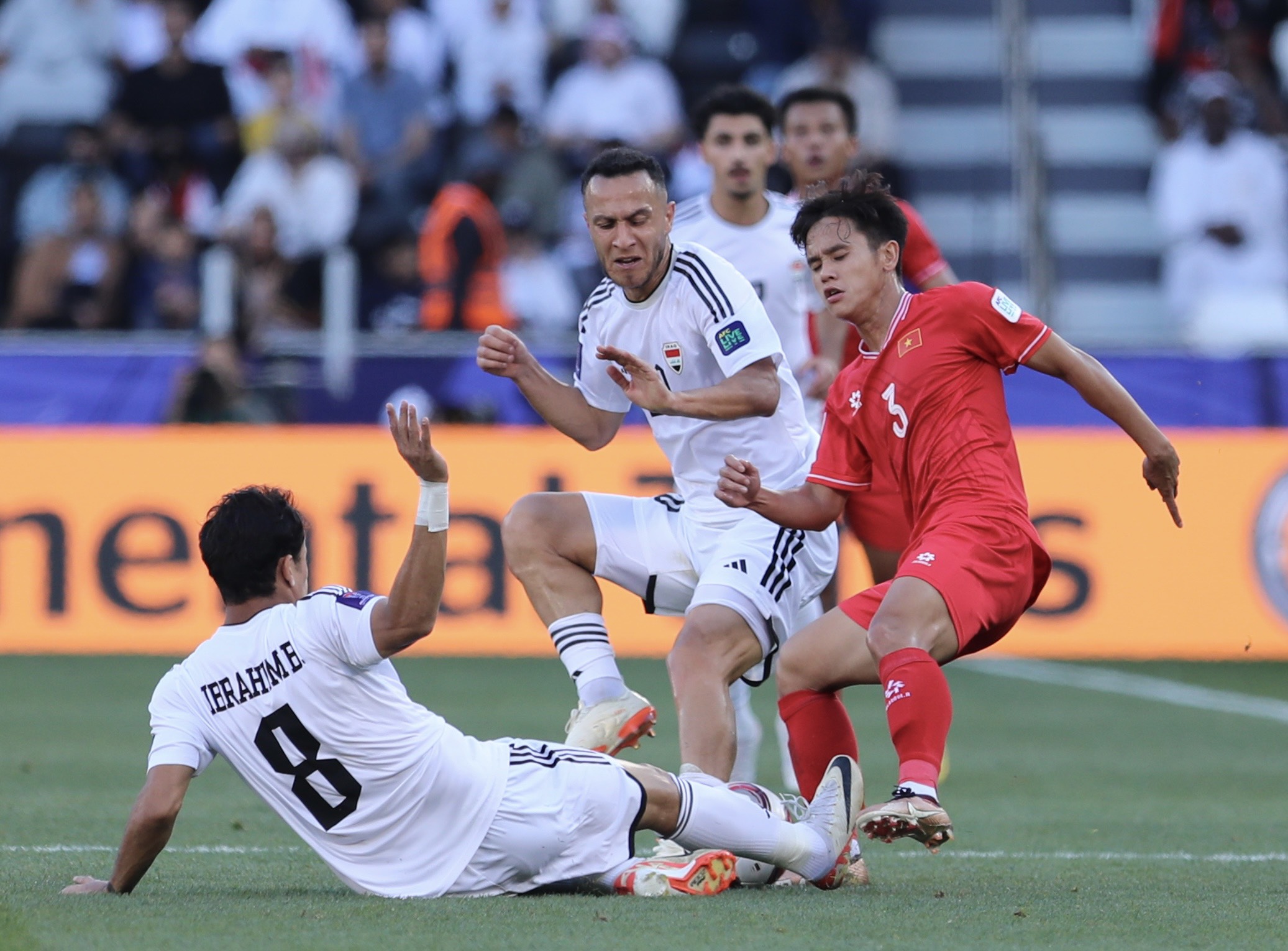
Vietnamese players are still weak in terms of physical strength.
"They could only run for 60, 70 minutes. That was the result of the national championship not being good, the players were not used to high intensity competition," said coach Troussier.
That is the truth that Vietnamese football needs to face. The French strategist is responsible for not improving the physical strength of his students, but how much of the current national championship itself meets the basic competition intensity requirements of Asia? Or how many players coming from V-League can survive in leagues like Korea and Japan?
Coach Troussier cannot single-handedly take the Vietnamese team to the next level. The World Cup dream can only come true if everyone joins hands.
Source link


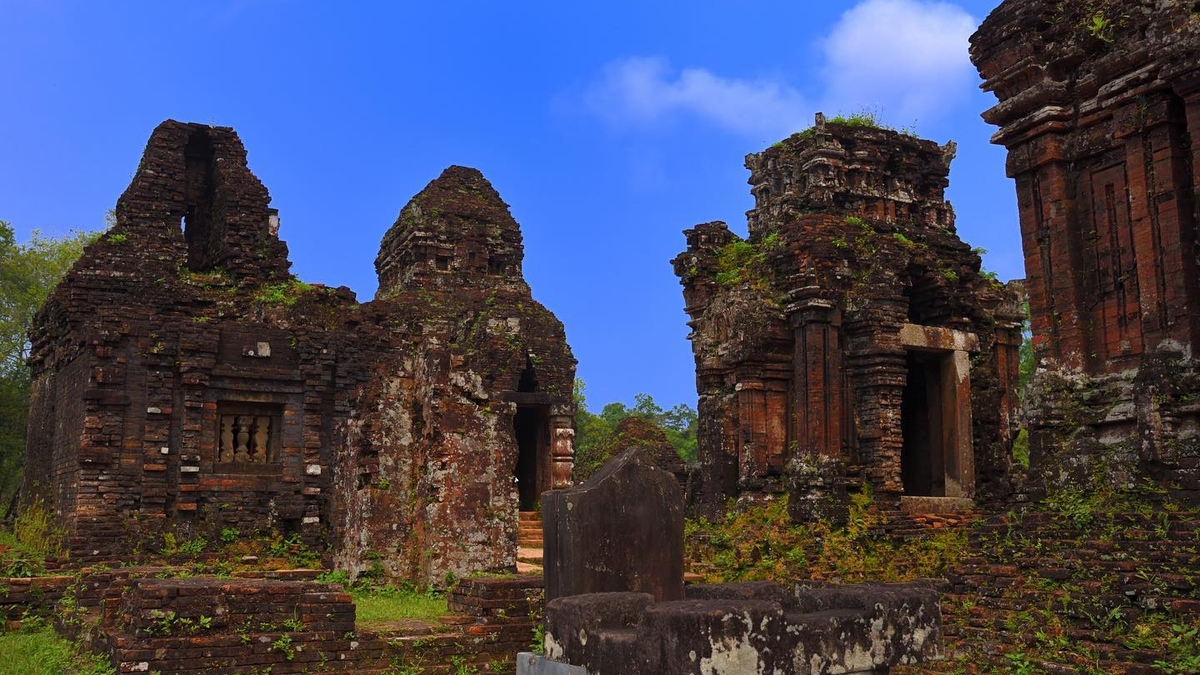
![[Photo] Prime Minister Pham Minh Chinh receives the delegation of the Semiconductor Manufacturing International (SEMI)](https://vphoto.vietnam.vn/thumb/1200x675/vietnam/resource/IMAGE/2025/11/06/1762434628831_dsc-0219-jpg.webp)
![[Photo] Hanoi: Long Bien residents brave the rain to go to work and school amid traffic jams due to bridge closures from early morning](https://vphoto.vietnam.vn/thumb/1200x675/vietnam/resource/IMAGE/2025/11/07/1762485038077_dji-0206-1506-jpg.webp)



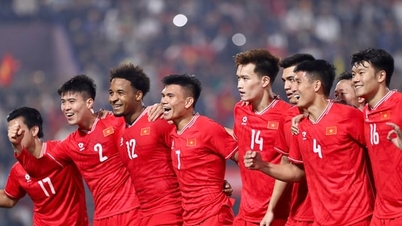

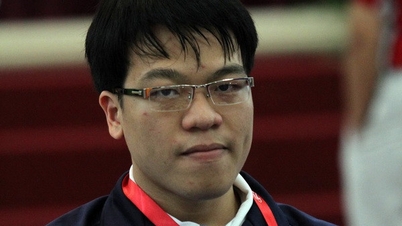
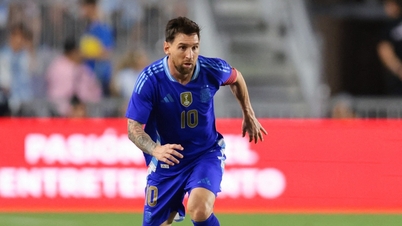

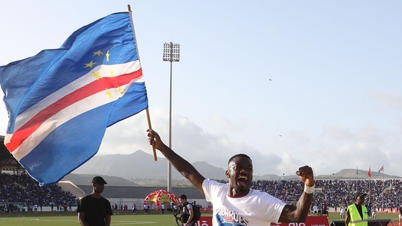

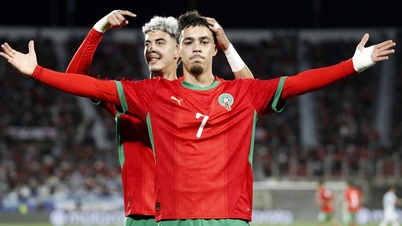






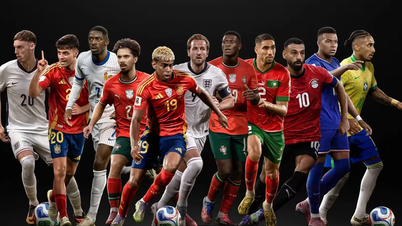










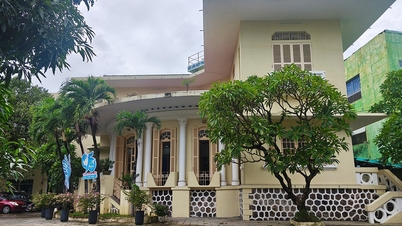

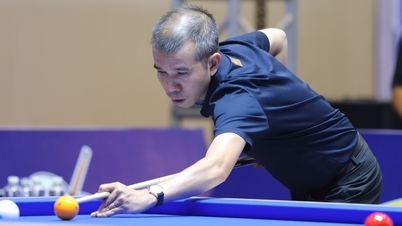

















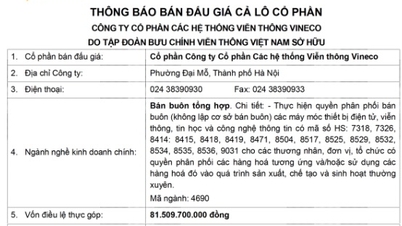

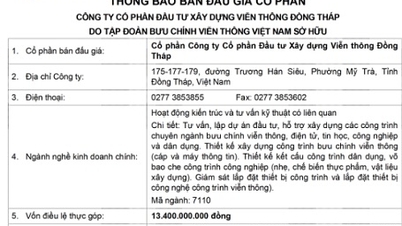

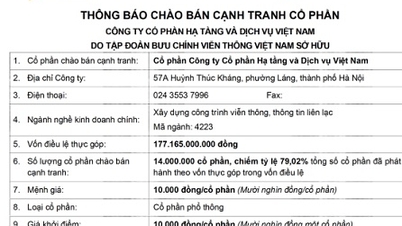























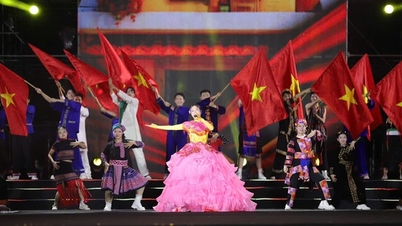



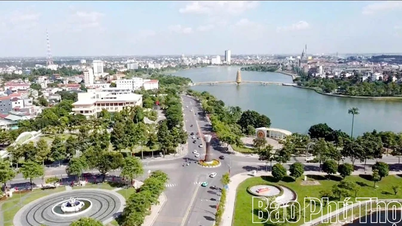

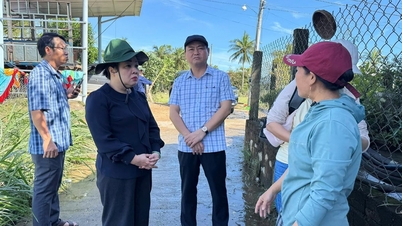
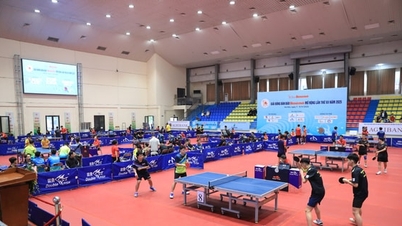
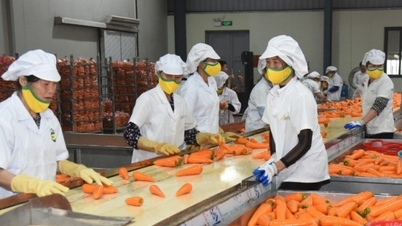





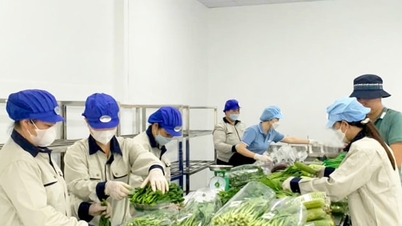








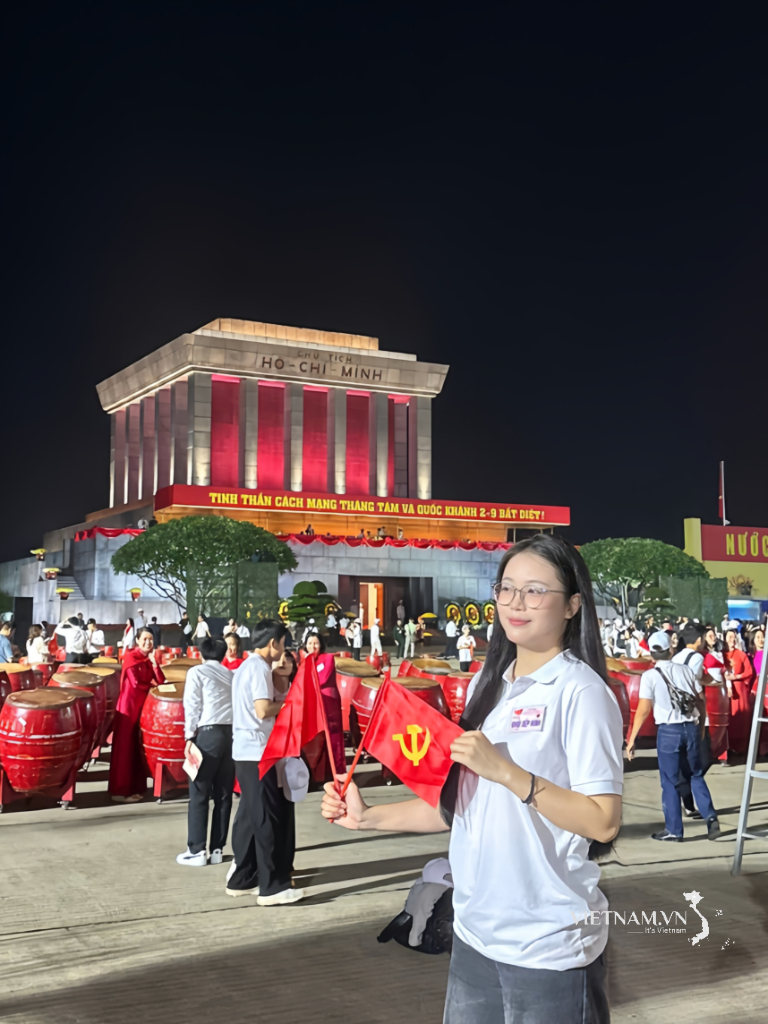
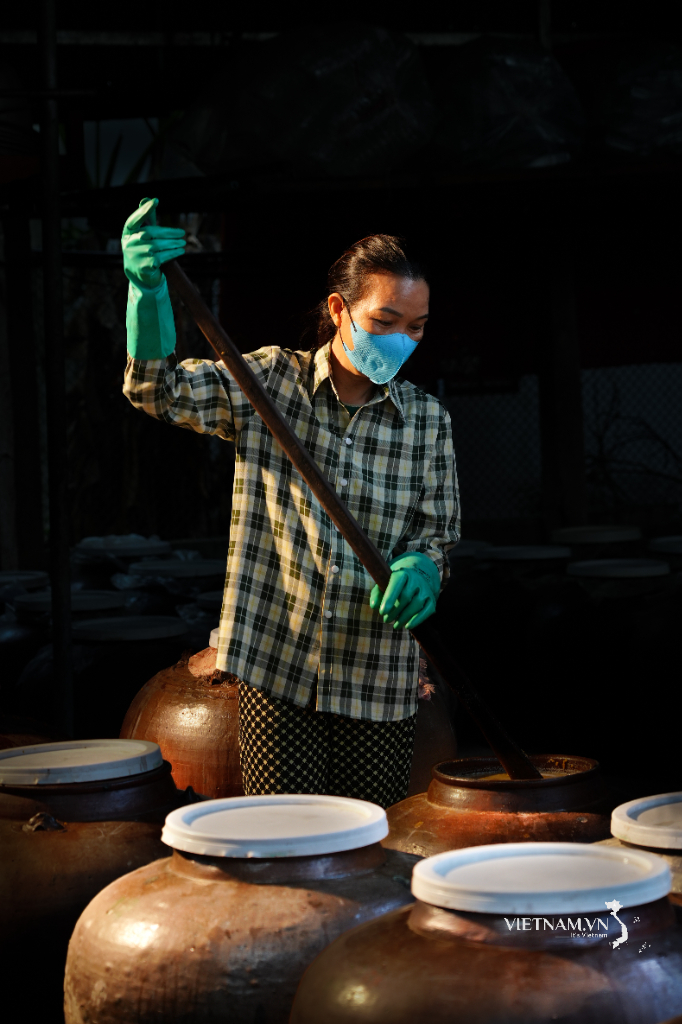
Comment (0)